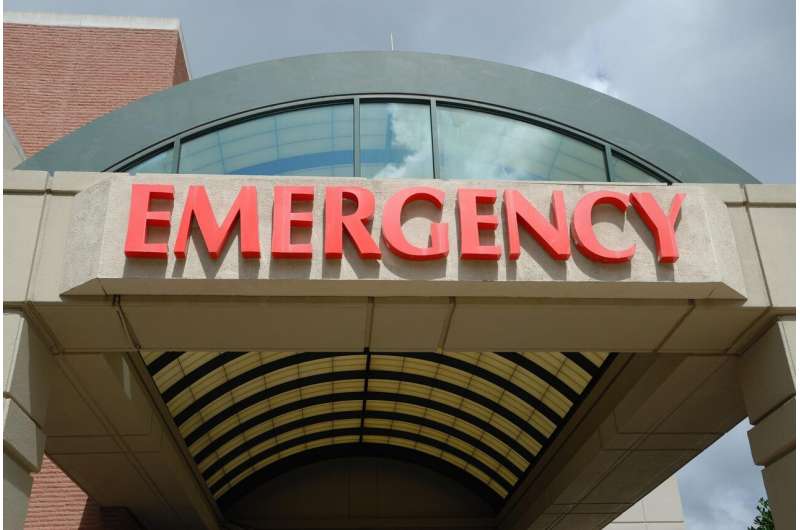Rise in Emergency Visits by Uninsured Children in Texas Following End of COVID Federal Support

A recent study shows a 45% increase in uninsured children's emergency department visits in Texas after COVID-era federal funding ended, highlighting significant healthcare access concerns.
As the COVID-19 pandemic subsided, federal funds that allowed all Medicaid enrollees to maintain coverage regardless of eligibility were phased out. This transition, known as the "great unwinding," concluded in March 2023 and resulted in over 25 million people, approximately 30% of Medicaid recipients nationwide, losing their coverage. A recent study focusing on Texas reveals significant impacts of this policy change on children's emergency healthcare utilization.
During the unwinding period, about 1.2 million children in Texas lost health insurance coverage. The study, published in Health Services Research, analyzed claims data from 7.6 million pediatric emergency visits across 472 facilities from April 2021 to May 2024, providing a comprehensive look at the shifting payer landscape.
The findings indicated notable changes in the source of payment for emergency care. Specifically, Medicaid-insured visits declined by 7.2 percentage points, a reduction of roughly 11.7% from pre-unwinding levels. Meanwhile, visits paid by commercial insurance increased by 12.5%, and there was a striking rise of 45.2% in uninsured visits. The immediate shift toward commercial insurance was followed by a gradual increase in uninsured visits over time.
Experts highlighted that these trends have complex implications. On one hand, higher payments from commercial insurers might offset some lost Medicaid revenue, which could help hospitals financially. Conversely, hospitals that serve rural or underserved communities are particularly vulnerable, as they tend to rely heavily on Medicaid and face rising numbers of uninsured patients. This situation raises concerns about hospital sustainability in these areas.
The study also underscores broader health consequences. With more children uninsured, delays in seeking routine healthcare may increase, potentially leading to higher emergency visits for preventable conditions like asthma. Small rural hospitals are especially at risk, with many operating on low or negative margins, risking closure.
Overall, the research points to the need for policies that support a smooth transition to alternative health coverage programs to minimize the adverse effects on children's health services. The Texas experience highlights the importance of targeted interventions to ensure vulnerable populations do not face gaps in essential healthcare.
Source: Medical Xpress
Stay Updated with Mia's Feed
Get the latest health & wellness insights delivered straight to your inbox.
Related Articles
Early Blood-Thinning Therapy Demonstrates Safety and Effectiveness for Stroke Patients
New research shows that initiating blood-thinning treatment within four days after a stroke caused by atrial fibrillation is safe and reduces the risk of recurrent strokes, potentially reshaping clinical guidelines.
Innovative Abdominal Tourniquet Device Enhances Survival for Women with Postpartum Hemorrhage
A new study reveals that the Abdominal Aortic and Junctional Tourniquet–Stabilized (AAJT-S) drastically improves control of postpartum hemorrhage, saving lives in emergency situations worldwide.
Study Finds No Antidepressant Benefits of Cholesterol-Lowering Medications
A recent large-scale study concludes that cholesterol-lowering drugs, such as statins, do not have an antidepressant effect, reaffirming their primary role in cardiovascular health management.



